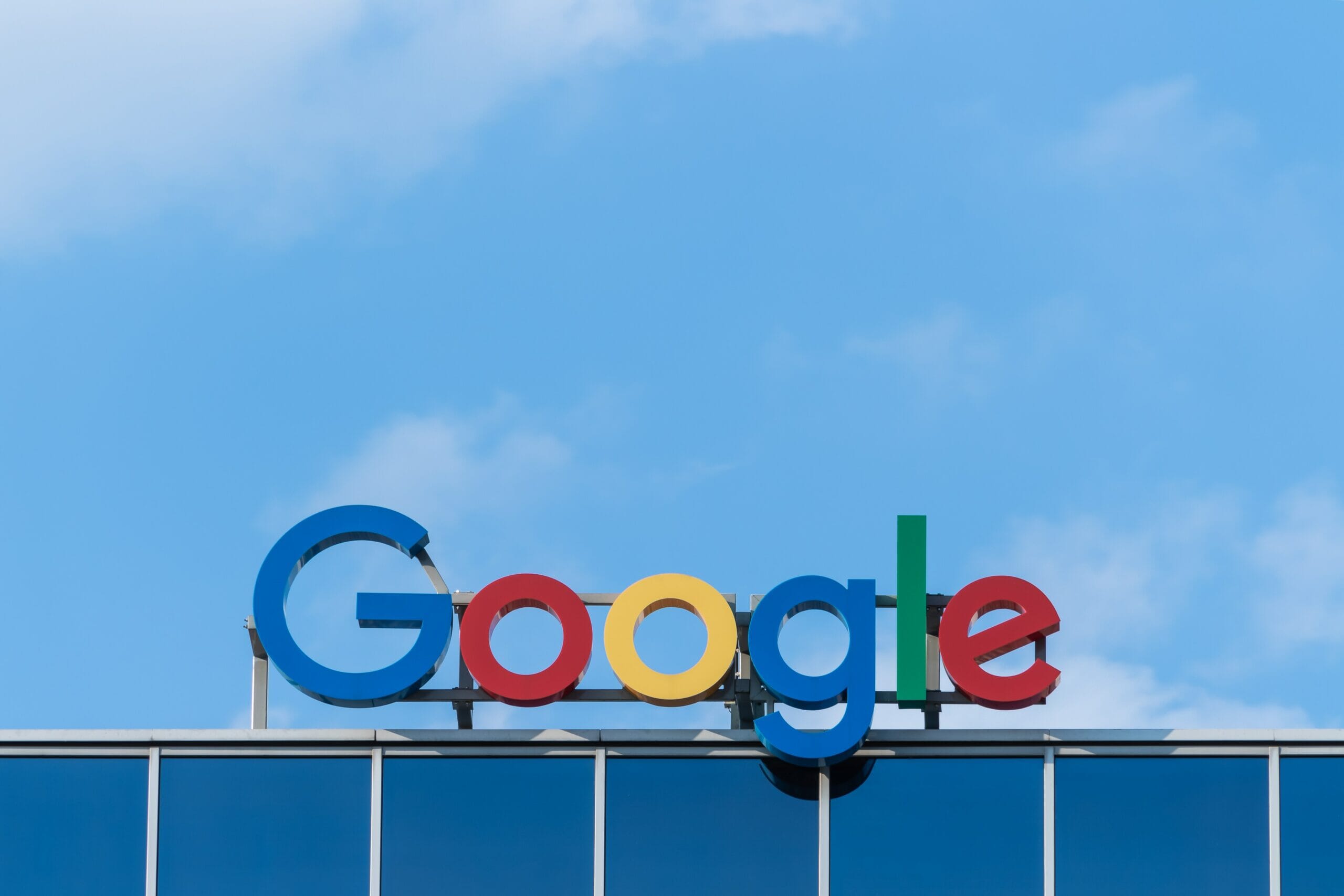Digital PR and link building are phrases often used interchangeably. But they are very different SEO tactics that deliver very different results. Here we outline what they are, how they differ and which offsite strategy you should ultimately invest in:

Blog
Digital PR vs Link Building: Choosing Your Offsite Strategy
What is digital PR?
Digital PR is a strategic approach to building your brand online. By securing mentions, links and engagement from reputable and well-respected sources, your business can establish itself as trustworthy and authoritative with both people and search engines. Want more info on this? Check out our blog outlining exactly what digital PR is.
What is link building?
Link building focuses purely on gaining backlinks from other websites to improve search engine rankings. It’s a transactional, tactical (and sometimes black hat) approach to securing links. Historically it’s been an effective SEO strategy, but Google has caught on to some of the industry’s nefarious link building tactics – so has been de-emphasising the importance of backlinks.
What are the differences between digital PR and link building?
Purpose
Digital PR’s scope is much broader than traditional link building. It enhances your brand’s overall reputation by considering your audiences, where they consume content and what they want to see or hear.
Link building purely focuses on improving search engine rankings. It does this by securing backlinks, but it doesn’t aim to build your brand. And it doesn’t focus on your audience.
Tactics
Using PR philosophy, digital PR involves building relationships with journalists and influencers to secure highly relevant brand mentions and links. Together this builds your brand’s authority and trust. We did this for our client Rippl, which wanted to increase its brand awareness and drive tangible web traffic and leads. We secured 55 pieces of relevant coverage and 50 backlinks – increasing organic traffic by 7% and helping to establish their brand in a competitive market.
Link building focuses on more technical tactics, such as buying links, guest posting and broken link building.
Outcome
Both strategies can improve your visibility in search engines. But as a digital PR agency, we firmly believe in the value of earned media.
By focusing on quality over quantity, digital PR is a future-proof and algorithm-proof approach. Brands benefit from long-standing brand recognition and authority, alongside all the links. And as revealed by the Google leaks – your brand matters. A lot.
Link building on the other hand is more volatile. You have more control over things like link placement and anchor text. And it can deliver good results. But you miss out on all of digital PR’s brand building benefits, and you also run the risk of penalties – especially if you’re investing in black hat techniques like paid links.
Google’s position on paid link building is clear. Just don’t do it.
So which should you invest in?
In the past, link building was a core tool in every SEO’s toolbox. But Google has moved on, and the industry needs to adapt too. Here at Energy, we believe that focusing your efforts on link building is now a short-sighted and risky approach.
Today, Google looks for signals that your brand is trustworthy and an authority in your sector – and digital PR delivers just this. By prioritising brand reputation, securing authoritative backlinks and directly engaging with audiences, your brand can build a strong online presence that stands the test of time.
Looking for support with your digital PR strategy? Get in touch with susannah@energypr.co.uk.
We're always interested in a new PR challenge








